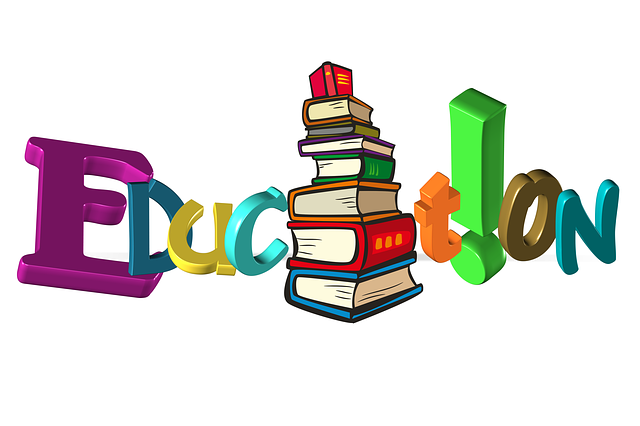When selecting a tutor for special needs education, prioritize their hands-on experience in local tutoring and education services, proven success supporting diverse students, understanding of different learning styles, and specialized knowledge about various disabilities. This expertise ensures tailored learning plans, effective strategies (e.g., ABA therapy, visual supports), and inclusive environments catering to unique challenges like dyslexia, autism, ADHD, and sensory sensitivities, ultimately achieving positive learning outcomes through Local Tutoring and Education Services.
In today’s diverse educational landscape, specialized support is crucial for students with special needs. This article explores the significance of expert tutors equipped to address varied learning challenges. We delve into identifying the right expertise, highlighting the advantages of locally-focused services, and uncovering effective strategies for nurturing growth. Discover how tailored teaching methods and community resources enhance education for all learners. Embrace innovative approaches to create a supportive environment through local tutoring and education services.
- Identifying Expertise in Special Needs Tutoring
- – The importance of specialized knowledge for different learning needs
- – Categories of special needs and required expertise
Identifying Expertise in Special Needs Tutoring

When seeking a special needs tutor, identifying their expertise is paramount for effective learning outcomes. Look beyond certifications and degrees; experience in local tutoring and education services plays a significant role. A tutor who has worked closely with diverse students in various settings understands the unique challenges and strengths of different learning styles, making them adept at tailoring instruction to individual needs.
Expertise also encompasses knowledge of specific disabilities and their implications for learning. Tutors should demonstrate familiarity with strategies and tools that cater to students with autism, ADHD, dyslexia, or other special needs. This includes an understanding of adaptive teaching methods, assistive technologies, and accommodations that foster inclusivity in the learning process.
– The importance of specialized knowledge for different learning needs

In today’s diverse educational landscape, catering to different learning needs requires specialized knowledge. Every student has a unique set of abilities and challenges, from those with mild learning disabilities to students on the autism spectrum or with severe developmental delays. Local tutoring and education services play a pivotal role in ensuring these students receive tailored support. Tutors with expertise in specific areas can create individualized learning plans, adapt teaching methods, and provide strategies that address each student’s unique requirements effectively.
This specialization is crucial as it enables tutors to navigate the intricate web of challenges faced by students with special needs. By understanding various conditions and their implications on learning, tutors can offer targeted interventions. Whether it’s utilizing specific teaching techniques for visual learners or employing structured routines for students with sensory sensitivities, specialized knowledge equips tutors to foster inclusive and supportive learning environments.
– Categories of special needs and required expertise

Special needs tutors play a pivotal role in supporting students with diverse learning requirements. Understanding the various categories of special needs is essential for tailoring effective tutoring strategies. These include, but are not limited to, learning disabilities such as dyslexia or dyscalculia, developmental disorders like autism spectrum disorder (ASD), and attention-deficit/hyperactivity disorder (ADHD). Each category requires specific expertise to address unique challenges.
Local tutoring and education services providers must possess a deep understanding of these conditions, along with specialized teaching methods. For instance, tutors working with students on the autism spectrum may need training in applied behavior analysis (ABA) therapy or visual support techniques. Similarly, those supporting learners with learning disabilities should be adept at utilizing multisensory teaching approaches or assistive technologies. This level of expertise ensures that tutoring sessions are not only effective but also tailored to meet the individual needs of each student.
When seeking local tutoring and education services for students with special needs, identifying tutors with the right expertise is paramount. Understanding various categories of special needs and their respective requirements ensures that educators are equipped to provide tailored support. By prioritizing specialized knowledge, parents and guardians can facilitate effective learning and significant progress for their children.
